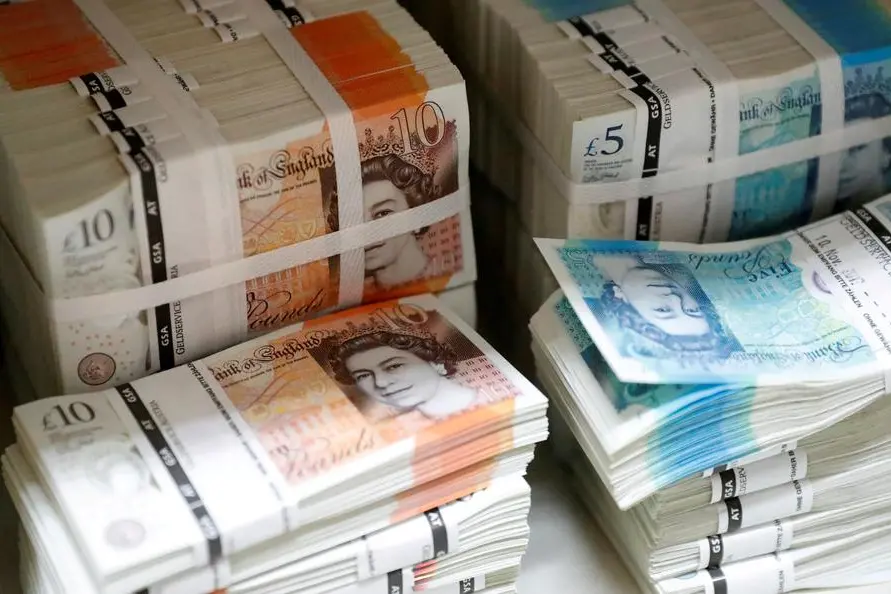PHOTO
Britain's armed forces face an equipment funding shortfall of 17 billion pounds ($21.6 billion) over the next 10 years, a public spending watchdog said on Monday, a concern for defence chiefs at a time of heightened geopolitical risk.
The National Audit Office (NAO) put the estimate for the budget for new weapons and equipment at 305.5 billion pounds for 2023-2033, 16.9 billion pounds over budget, the largest deficit since its first report in 2012.
Soaring costs in nuclear and naval programmes, as Britain works on a replacement nuclear deterrent, have pushed up the future budget, the NAO said. This had resulted in a "marked deterioration" in the Ministry of Defence's (MOD) financial position.
Russia's war in Ukraine has highlighted the need for extra military spending across Europe, with Britain an important ally and provider of military equipment to Kyiv. It has also been investing in improving its own equipment readiness and expanding munitions facilities.
The government raised spending on defence by an extra 5 billion pounds earlier this year, increasing it to about 2.25% of gross domestic product this year and next. It had been about 2%.
The rise in future equipment costs - estimated by the MOD to account for 10.9 billion pounds of cost increases - when inflation is high means the budget will still be under pressure.
"The Ministry of Defence acknowledges that its Equipment Plan for 2023–2033 is unaffordable," NAO head Gareth Davies said in a statement.
NAO said decisions over scrapping or scaling back projects likely to be deemed "unaffordable" should not be deferred as this would risk "poor value for money".
The budget deficit could be even higher, the NAO said, because the equipment plan it studied does not include things such as the cost of developing new capabilities or extending the life of some equipment including combat vehicles such as the Warrior and Challenger 2. ($1 = 0.7890 pounds) (Reporting by Sarah Young, Editing by Bernadette Baum and Timothy Heritage)





















